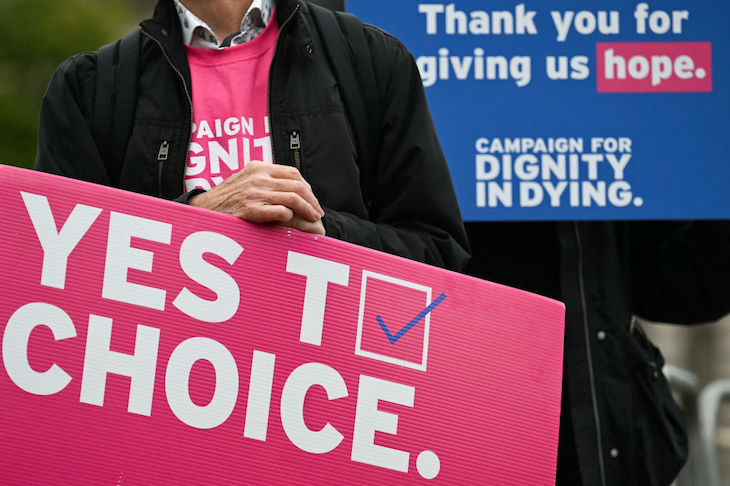It was when my newly-implanted bone marrow failed to produce the blood cells that keep all of us alive that I first thought seriously about my own death. It was my second bout of cancer. The first one had been a cakewalk by comparison: a few months of chemotherapy and radiotherapy and, Bob’s your uncle, I was cured. The second, ten years later, was much nastier and involved industrial quantities of chemotherapy culminating in a bone marrow transplant. For several months it looked like the transplant had failed and I confronted the possibility that I would soon reach the end of the road.
If you don’t like the idea of assisted dying, don’t seek medical assistance to arrange your own death
In a free society everyone is entitled to express their opinion. But with respect to all those who have felt qualified to pronounce on the rights and wrongs of assisted dying, it is only when you face your own death as an immediate prospect that you discover how you really feel about it.

Get Britain's best politics newsletters
Register to get The Spectator's insight and opinion straight to your inbox. You can then read two free articles each week.
Already a subscriber? Log in






Comments
Join the debate for just £1 a month
Be part of the conversation with other Spectator readers by getting your first three months for £3.
UNLOCK ACCESS Just £1 a monthAlready a subscriber? Log in